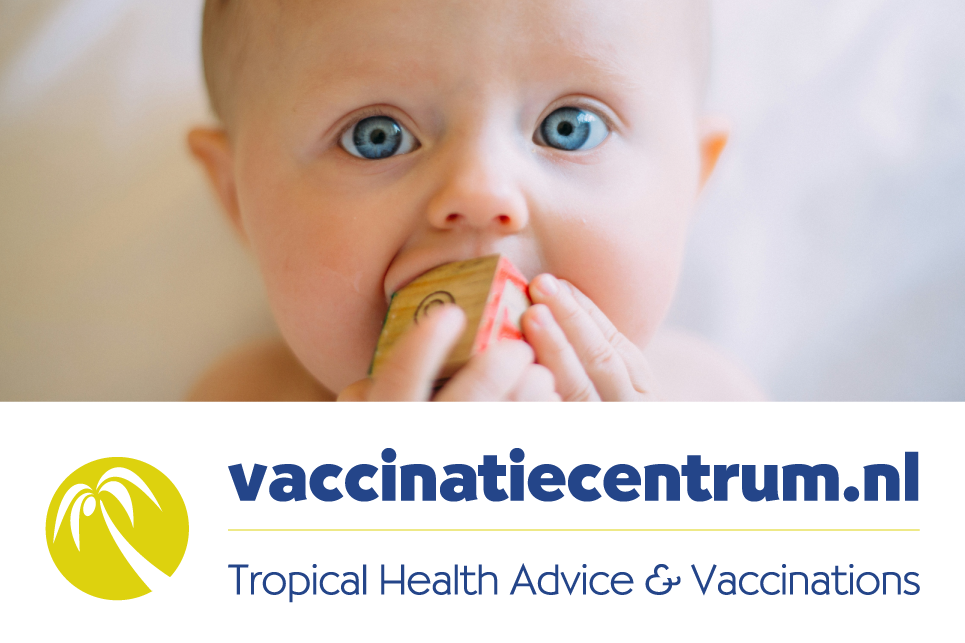
All vaccinations
Vaccinatiecentrum.nl is your first destination when you travel, but also when you want to stay healthy in your daily life. Every appointment starts with a consultation, during which you and one of our traveller nurses will look at what your needs are. As a result, you will always receive health advice tailored to your personal situation. You can often get the vaccinations you need during the same appointment. Would you like to know which vaccinations you can get at our clinic? You will find them all in this overview. Here we also tell you more about how the vaccines work and the diseases they protect you against.
travel diseases and vaccination
- Travel diseases and vaccination
travel diseases and Medication
- Travel diseases and medication
Other diseases and vaccinations
- Other diseases and vaccinations

